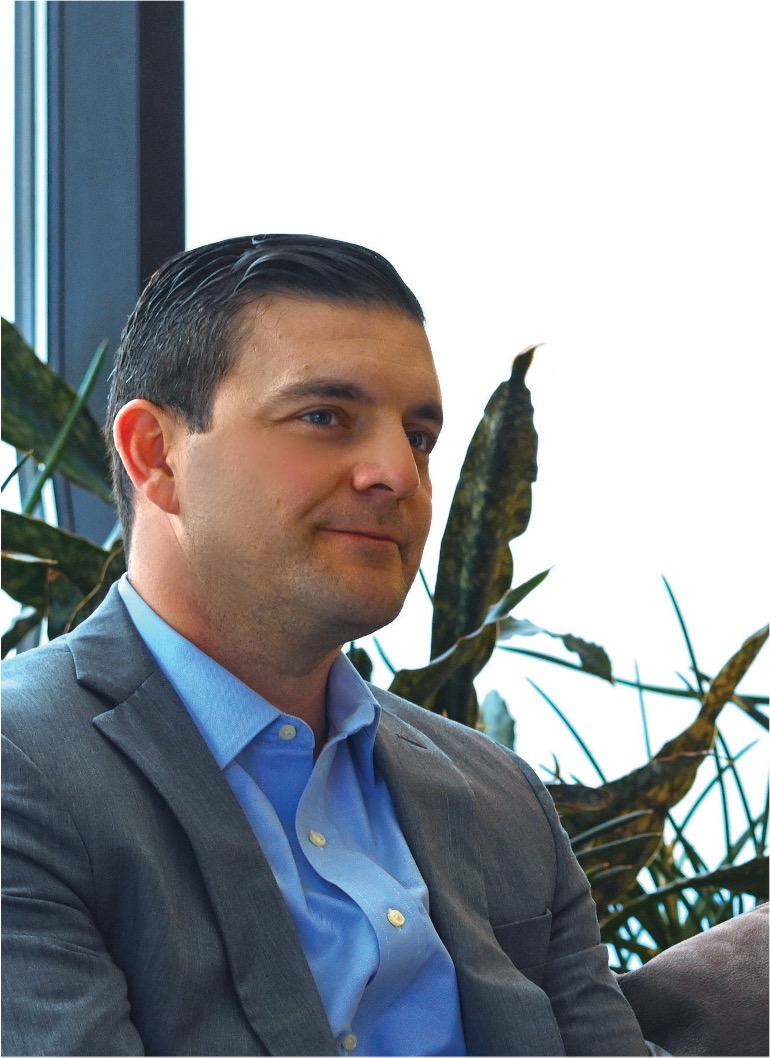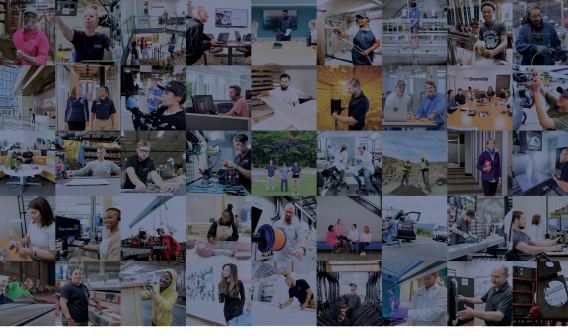
Seth Martindale is a senior managing director with CBRE Consulting. He has extensive experience in real estate strategic planning, working with both private and public sector clients. Martindale has extensive experience working on multiple location analysis and incentive negotiation engagements, which have varied widely in size, function, and scope. They include everything from corporate HQ relocations to manufacturing plants.
Virginia Economic Review: When you look specifically at manufacturing, what do you see as major trends and how they’re going to play out over the next few years?
Seth Martindale: It’s a cliché answer, but everything’s about talent. Whether or not you can supply the talent needed to make your manufacturing plant or distribution center run is critically important. I think with manufacturing, it’s even more so, because if you’re going to sink a quarter-billion or a billion dollars into some place and then you can’t find people to work there, that’s a big mistake. You can’t just pick up and move it somewhere else. I think attention to talent and being able to hire the people you need has been critically important for us to review.
VER: When you look across the country, are there any states that come to mind which you think do a good job helping to close that manufacturing skills gap?
Martindale: There are quite a few. You could probably take the Southeast generally and say they’ve had a really good run at it. A lot of manufacturing is pushing that way. Tennessee comes to mind. They’ve made a lot of investments in their education programs at the college and lower levels. I think that’s starting to pay off and they have a good story to tell. Some of it’s around the investment you’re making. Some of it’s around the story you’re telling. If you’ve got them both lined up, it works out pretty well for potential manufacturers or industrial employers.




